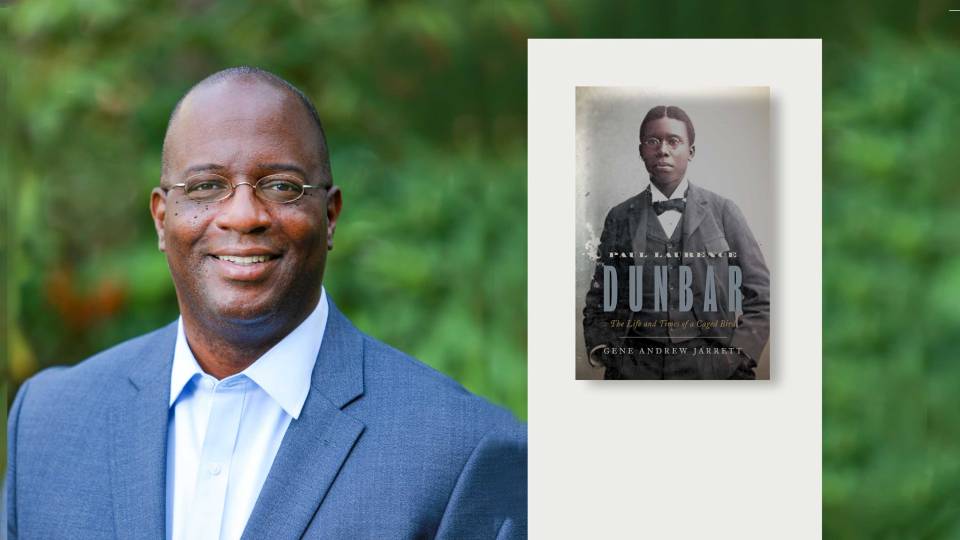Edmund White(Link is external), professor of creative writing(Link is external) in the Lewis Center for the Arts(Link is external), emeritus, will be awarded the 2019 Medal for Distinguished Contribution to American Letters(Link is external) from the National Book Foundation.

Edmund White speaks at “Every Voice: A Princeton University Conference for Lesbian, Gay, Bisexual, Transgender and Ally Alumni” in April 2013.
The award was established in 1988 to recognize “individuals who have made an exceptional impact on this country’s literary heritage.”
“A master of narrative and craft across fiction, journalism, memoir and more, White has built a career defined by its indelible impact on many literary forms,” said David Steinberger, chairman of the board of directors of the National Book Foundation. “Whether it’s evocative depiction of gay life during the tumultuous 1980s, painstakingly researched biography or elegant memoir, White’s work stands out across decades as singular in its resonance and significance for a multitude of devoted readers.”
White has written nearly 30 books. He is perhaps best known for “Genet: A Biography,” about French writer Jean Genet, for which he won the National Book Critics Circle Award. He also has written the biographies “Marcel Proust: A Life” and “Rimbaud: The Double Life of a Rebel,” about the French poet Arthur Rimbaud. His work includes a trilogy of autobiographical novels, “A Boy’s Own Story,” “The Beautiful Room Is Empty” and “The Farewell Symphony.” He has written a novel about love in the AIDS era called “The Married Man.” Other works of fiction include “Chaos,” “Hotel de Dream” and “Our Young Man.” He has written a book about unconventional Paris called “The Flâneur.” He has written four memoirs, including “Inside a Pearl: My Life in Paris,” published in 2014 and “The Unpunished Vice,” published in 2018. His new novel, “A Saint in Texas,” is forthcoming in 2020. White is also a playwright and is writing a new play, “Both Ways.” He is a member of the American Academy of Arts and Letters.
Writer and filmmaker John Waters will present the award to White at the National Book Awards in November.
Toni Morrison, the Robert F. Goheen Professor in the Humanities, Emeritus, who died on Aug. 5, received the award in 1996. Robert Caro, a 1957 Princeton alumnus, received it in 2016.



